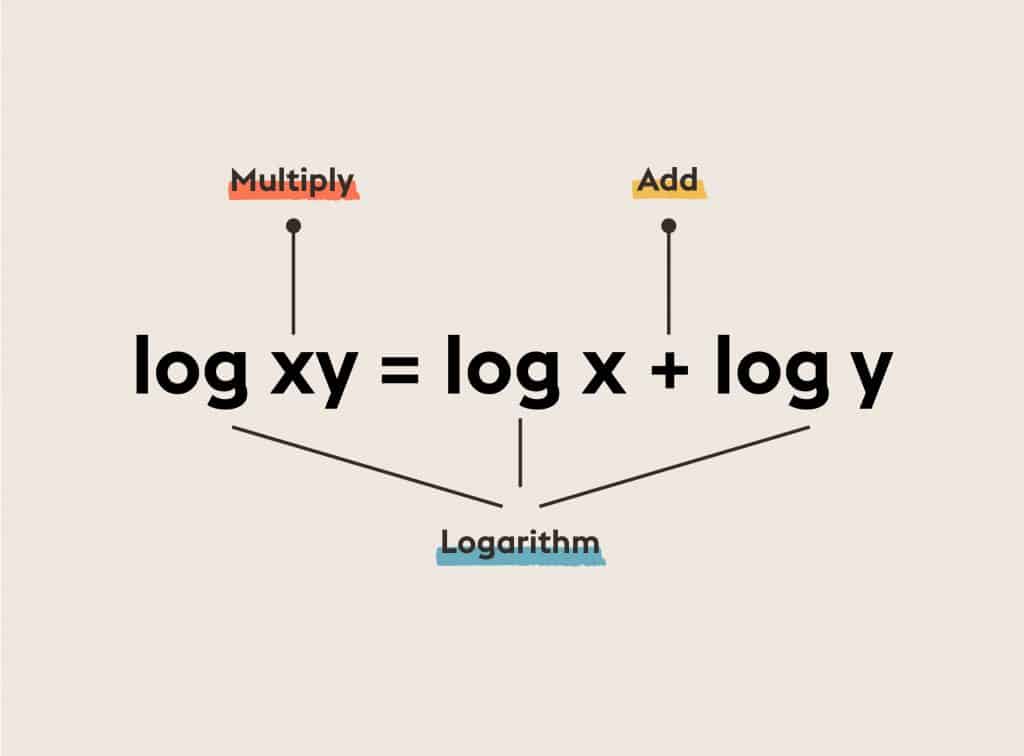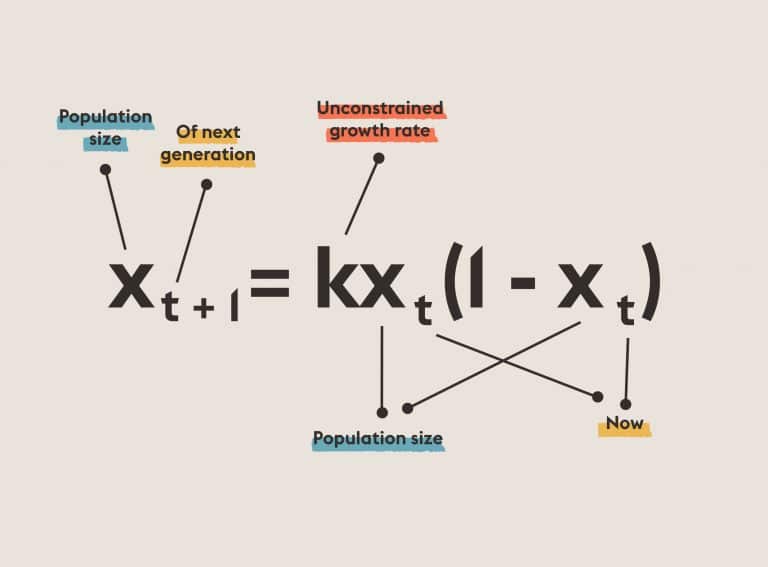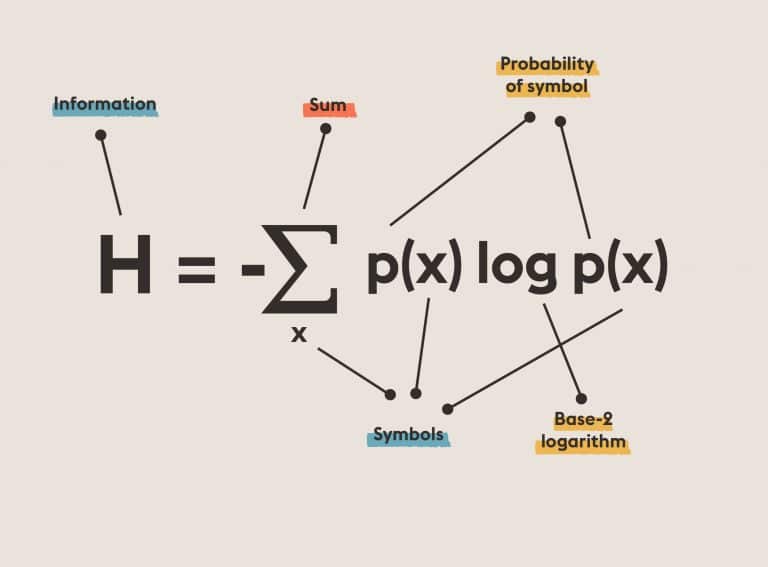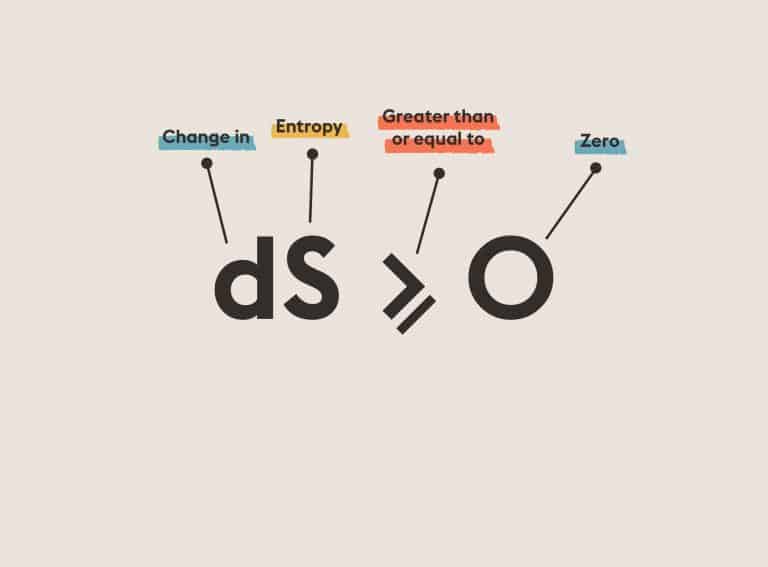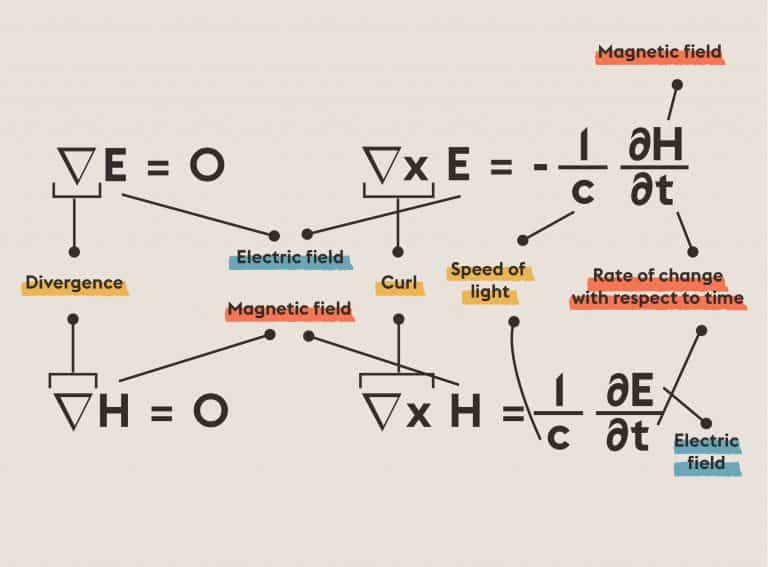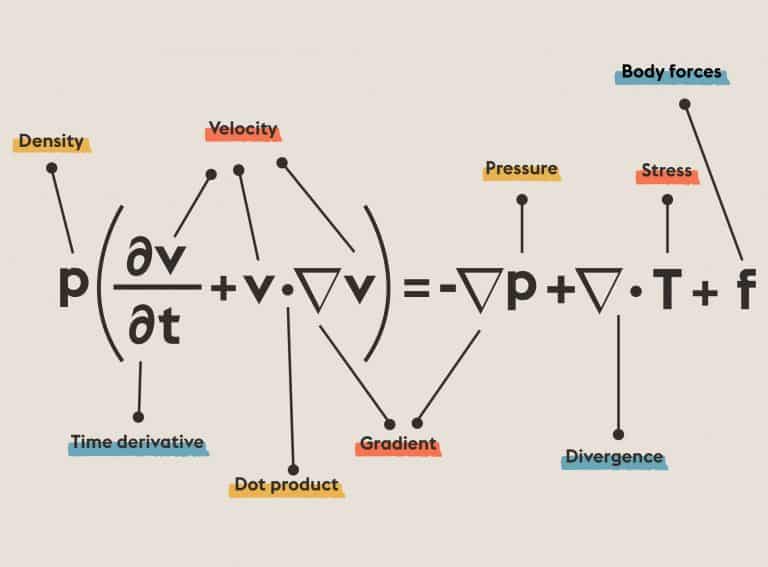This logarithm formula tells us to multiply numbers by adding related numbers instead. We can see the addition is much simpler than multiplication. This formula led us to efficient methods for calculating astronomical phenomena such as eclipses and planetary orbits and quick ways to perform scientific calculations. It is literally the engineers’ faithful companion.
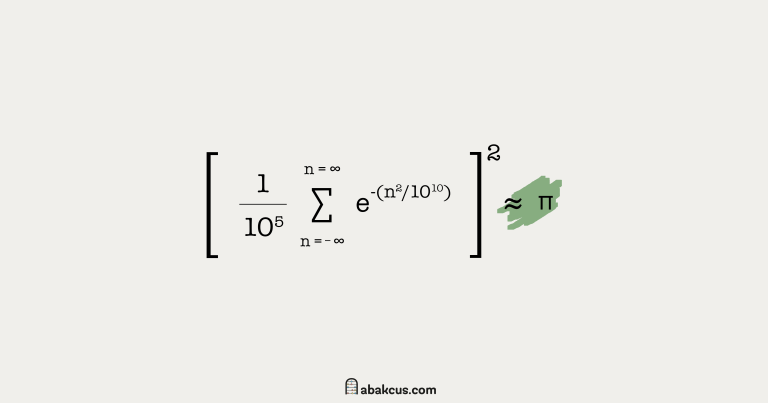
The Formula to Get 42 Billion Digits of π
While writing "7 Utterly Well-written Math Books About Pi," I found a very interesting math formula that will give you 42 consecutive digits of π accurately but is still wrong.

